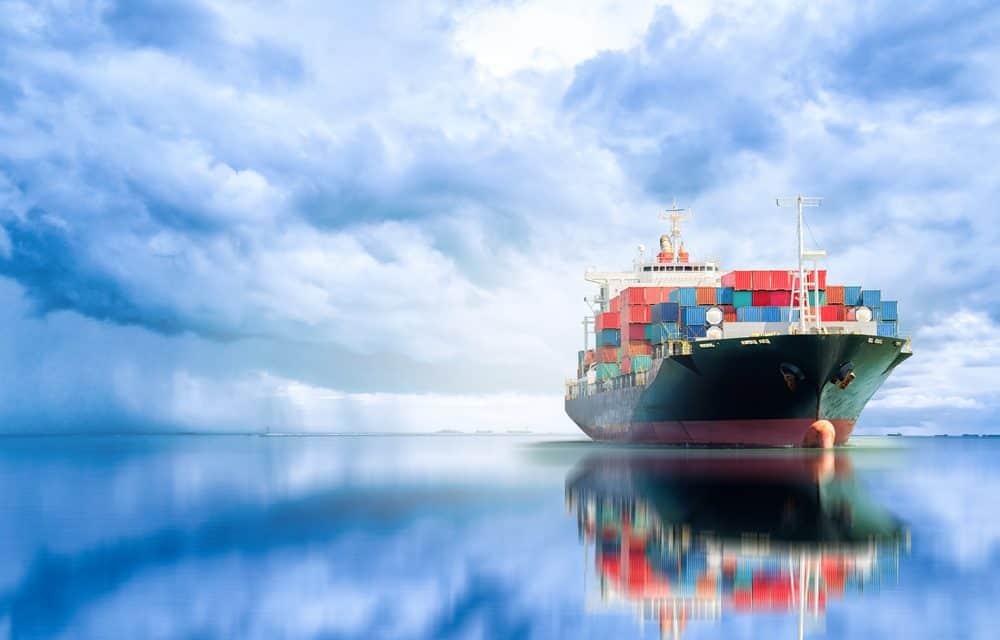Draft EU policy to cut shipping emissions condemned as ‘disaster’

A leaked draft of a key EU policy designed to cut carbon emissions in shipping, one of the world’s biggest polluters, has been described as an environmental disaster for “promoting†liquified natural gas, a fossil fuel, as an alternative to heavy oil.
The decision, says an NGO that has analysed the plans, will ‘lock in the use of fossil fuels for decades to come and make the EU’s target of net emissions neutrality by 2050 unreachable.
The green fuel law for EU shipping – FuelEU Maritime – is due to be published on 14 July. But a draft of the policy seen by the Guardian reveals the European Commission has considered but rejected requiring specific green fuels to be used by shipowners.
Brussels has instead opted for a goal-based approach that would set increasingly stringent “greenhouse gas intensity targets†to be met for the energy used on board.
The commission’s leaked paper says this approach, rather than a “prescriptive†fuel regulation, “answers the needs for flexibility, which have been stressed by stakeholders during the consultation activities†(in particular operators and ports). The commission cites the fast pace of technological developments as a factor in its decision.
Of the 136 responses to a consultation, 121 were either shipowners or ship managers, energy producers and fuel suppliers, short sea shipping companies, shipbuilding and marine equipment manufacturers or logistics suppliers, shippers and cargo owners.
The result, environmental groups claim, is that liquified natural gas (LNG) would be eligible to power EU ships calling at the union’s ports until around 2040, and that fossil fuel would probably still be the cheapest compliance option for two decades.
The sustainable transport NGO, Transport and Environment (T&E), has studied the plans closely and argues the decision will lock in the use of fossil fuels, in the form of LGN, for decades and make the EU’s target of net emissions neutrality by 2050 unreachable.
The “flexible†policy, it is claimed by T&E, will encourage price-sensitive shipowners to opt for LNG ships as the cheaper solution over zero-emissions fuels such as green hydrogen or ammonia. Shipowners will then be locked in to using them for another 30 years, the average lifetime of a ship.
More than half (55%) of the energy used by ships calling at EU ports could be LGN and “unsustainable†biodiesel, derived from biomass such as plant or algae material or animal waste, by 2035, it is claimed.
T&E, which first obtained the leaked policy draft, claims most LNG-powered ships emit more greenhouse gas than heavy fuel oil ships.
Faig Abbasov, the NGO’s shipping programme director, said the commission still had time to change the policy to explicitly exclude fossil LNG and first-generation biofuels from the scope of the regulation.
He said: “This supposedly green fuels law would push the cheapest alternatives, which are also the most destructive.
